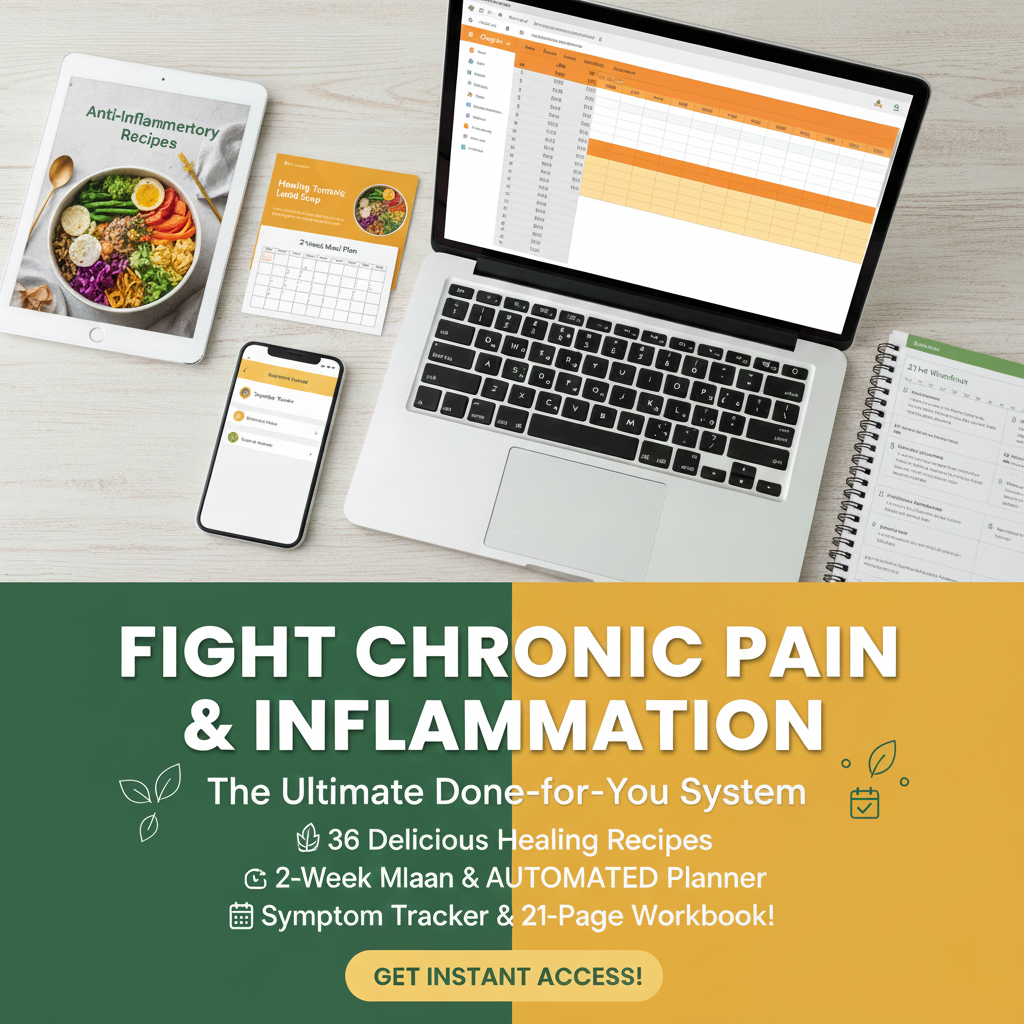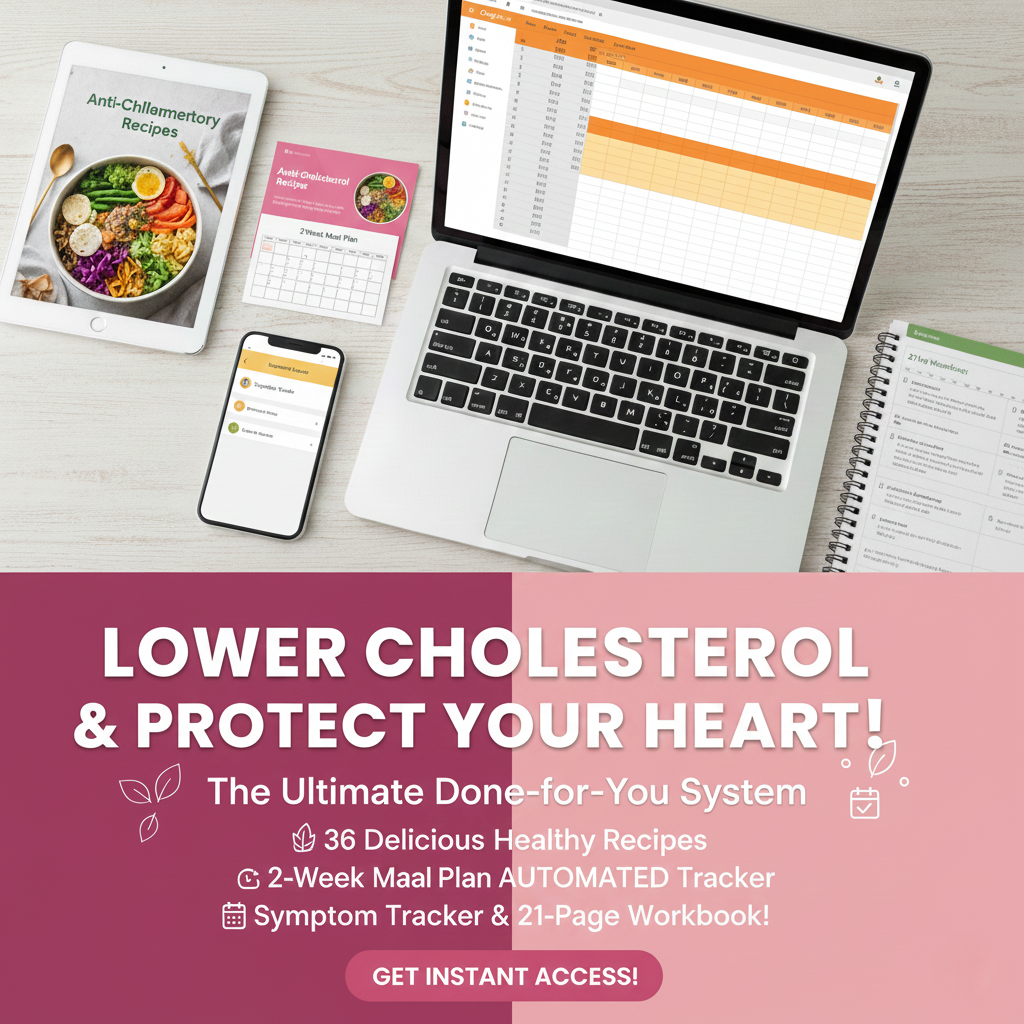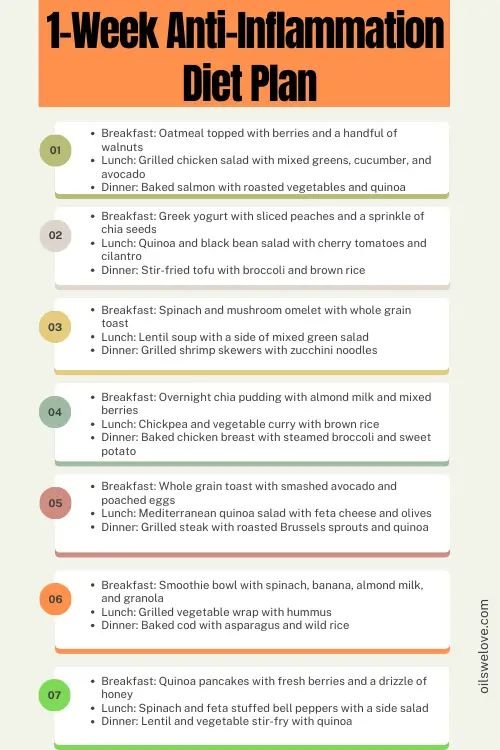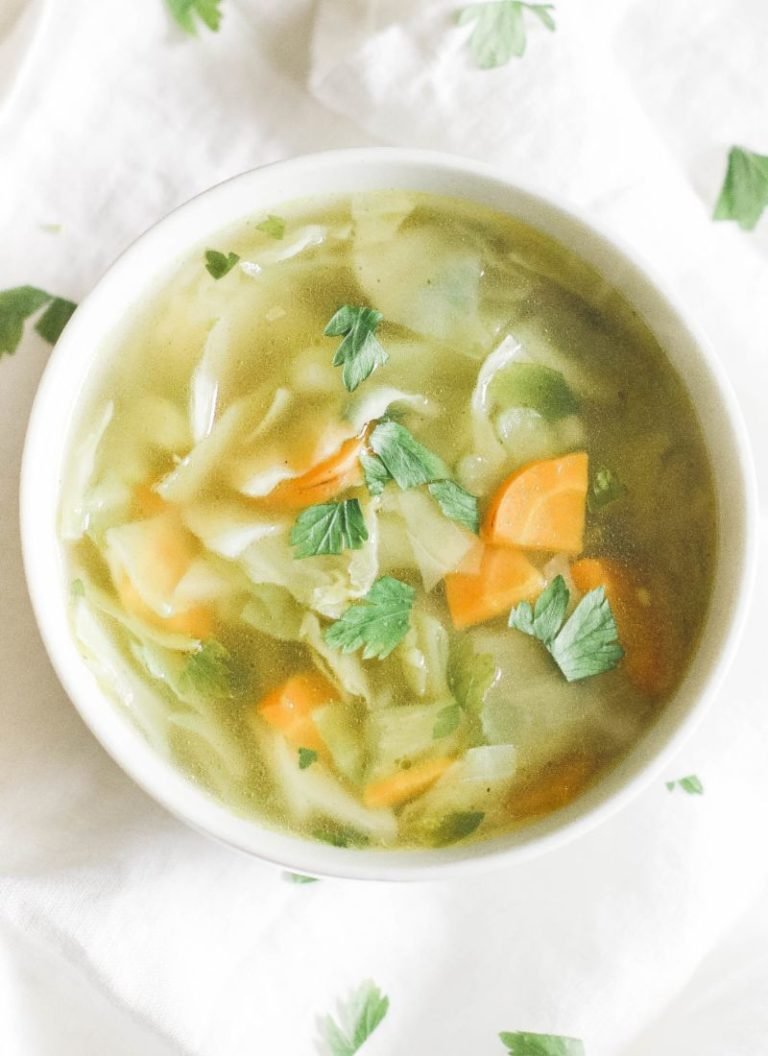Anti-Inflammatory Diet for Beginners
Inflammation, the body’s natural defense against injury, can sometimes turn chronic, contributing to various health problems. The good news? Food choices can play a powerful role in managing inflammation. Enter the anti-inflammatory diet, a way to promote overall well-being by prioritizing specific foods. Packed with benefits like improved gut health and reduced inflammation, this beginner-friendly approach can be your key to a healthier you.
Embracing Anti-Inflammatory Eating: Simple Steps
Going anti-inflammatory doesn’t require a complete overhaul. Here’s the starter kit:
- Prioritize Whole Foods: Ditch processed options and embrace fresh fruits, vegetables, whole grains, lean protein, and healthy fats.
- Cook More Often: Home cooking allows control over ingredients. Invest in basic kitchen tools and explore simple recipes.
- Limit Processed Foods: Packaged meals and snacks often contain inflammatory ingredients like added sugars and unhealthy fats. Choose fresh whenever possible.
- Mindful Portions & Awareness: Pay attention to hunger cues and avoid overeating. Savor your food and enjoy the process.
Your Anti-Inflammatory Food Arsenal
Now that you’re equipped with basic principles, let’s stock your anti-inflammatory pantry:
Power Up with These:
- Fruits: Berries (blueberries, raspberries, strawberries), citrus fruits (oranges, grapefruits): These vibrant fruits are packed with antioxidants like anthocyanins and vitamin C, which combat inflammation.
- Vegetables: Leafy greens (kale, spinach), cruciferous vegetables (broccoli, cauliflower, Brussels sprouts): Go green! Leafy greens are rich in chlorophyll and vitamin K, while cruciferous vegetables boast sulforaphane, all with powerful anti-inflammatory properties.
- Whole Grains: Brown rice, quinoa, whole-wheat bread: Opt for complex carbohydrates over refined ones. Whole grains provide sustained energy and fiber, which can promote gut health and reduce inflammation.
- Healthy Fats: Fatty fish (salmon, tuna), avocado, nuts & seeds (walnuts, flaxseeds): Don’t fear fat! Healthy fats like omega-3s found in fish and nuts offer numerous benefits, including reducing inflammation and improving heart health.
- Herbs & Spices: Turmeric, ginger, garlic, cinnamon: These flavor powerhouses are more than just culinary delights. They contain bioactive compounds like curcumin (turmeric) and gingerols (ginger) that have well-documented anti-inflammatory effects.

Meal Planning for Success

Conquering an anti-inflammatory diet starts with a well-stocked pantry, but don’t underestimate the power of meal planning! Here’s how planning your meals sets you up for success:
- Saves Time & Reduces Stress: No more scrambling (pun intended!) for last-minute meals. Planning ahead minimizes decision fatigue and keeps you on track.
- Promotes Healthy Choices: Planning allows you to focus on incorporating anti-inflammatory ingredients into each meal, ensuring you meet your dietary goals.
- Reduces Food Waste: Buying only what you need reduces the risk of food spoilage and wasted money.
Meal Planning Tips:
- Prep in Advance: Wash and chop vegetables, cook protein sources like grilled chicken or quinoa in bulk, for easy assembly throughout the week.
- Batch Cook: Double or triple recipes for dinners and portion them out for lunches or quick meals later in the week.
- Embrace Leftovers: Leftovers are your friend! Repurpose them for creative lunches or quick dinners.
- Find Inspiration: Explore cookbooks, anti-inflammatory recipe websites, or meal planning apps for ideas and guidance.

Remember: Consistency is key. Meal planning helps you stay committed to your anti-inflammatory journey, saving you time and stress while optimizing your health.
Sample Meal Plan

Let’s put anti-inflammatory eating into action! This sample meal plan provides a blueprint for a day, showcasing how to incorporate powerhouses from Part 3:
- Breakfast (Power Up with Protein & Fiber): Greek yogurt with a sprinkle of berries and chia seeds. This breakfast packs a protein punch from the yogurt and fiber from the berries and chia seeds, both key players in gut health and inflammation management.
- Lunch (Light & Balanced): Quinoa salad with grilled chicken, roasted vegetables (think broccoli and Brussels sprouts!), and a lemon vinaigrette. Quinoa offers complex carbohydrates for sustained energy, grilled chicken provides lean protein, and the roasted vegetables are loaded with anti-inflammatory benefits. The lemon vinaigrette adds a refreshing touch without unhealthy fats.
- Dinner (Flavorful & Filling): Salmon with roasted Brussels sprouts and brown rice. Salmon is an excellent source of omega-3 fatty acids, known for their anti-inflammatory properties. Roasted Brussels sprouts add another layer of anti-inflammatory goodness, while brown rice provides fiber and keeps you feeling satisfied.
- Snacks (Mighty Mini-Meals): Here are two options to choose from:
- Apple slices with almond butter: This classic combo offers healthy fats from the almond butter and antioxidants from the apple, making it a satisfying and anti-inflammatory snack.
- Handful of mixed nuts: Nuts are a great source of healthy fats, protein, and fiber. Choose a mix that includes walnuts for an extra anti-inflammatory boost.
Embracing an anti-inflammatory diet is an investment in your overall well-being. Remember, this is a journey, not a destination. Start small, stock your kitchen with anti-inflammatory powerhouses, and enjoy the delicious path to a healthier you.







